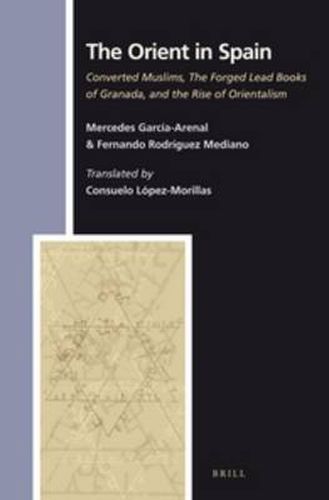Readings Newsletter
Become a Readings Member to make your shopping experience even easier.
Sign in or sign up for free!
You’re not far away from qualifying for FREE standard shipping within Australia
You’ve qualified for FREE standard shipping within Australia
The cart is loading…






Taking as its main subject a series of notorious forgeries by Muslim converts in sixteenth-century Granada (including an apocryphal gospel in Arabic), this book studies the emotional, cultural and religious world view of the Morisco minority and the complexity of its identity, caught between the wish to respect Arabic cultural traditions, and the pressures of evangelization and efforts at integration into Old Christian society. Orientalist scholarship in Early Modern Spain, in which an interest in Oriental languages, mainly Arabic, was linked to important historiographical questions, such as the uses and value of Arabic sources and the problem of the integration of al-Andalus within a providentialist history of Spain, is also addressed. The authors consider these issues not only from a local point of view, but from a wider perspective, in an attempt to understand how these matters related to more general European intellectual and religious developments.
$9.00 standard shipping within Australia
FREE standard shipping within Australia for orders over $100.00
Express & International shipping calculated at checkout
Stock availability can be subject to change without notice. We recommend calling the shop or contacting our online team to check availability of low stock items. Please see our Shopping Online page for more details.
Taking as its main subject a series of notorious forgeries by Muslim converts in sixteenth-century Granada (including an apocryphal gospel in Arabic), this book studies the emotional, cultural and religious world view of the Morisco minority and the complexity of its identity, caught between the wish to respect Arabic cultural traditions, and the pressures of evangelization and efforts at integration into Old Christian society. Orientalist scholarship in Early Modern Spain, in which an interest in Oriental languages, mainly Arabic, was linked to important historiographical questions, such as the uses and value of Arabic sources and the problem of the integration of al-Andalus within a providentialist history of Spain, is also addressed. The authors consider these issues not only from a local point of view, but from a wider perspective, in an attempt to understand how these matters related to more general European intellectual and religious developments.